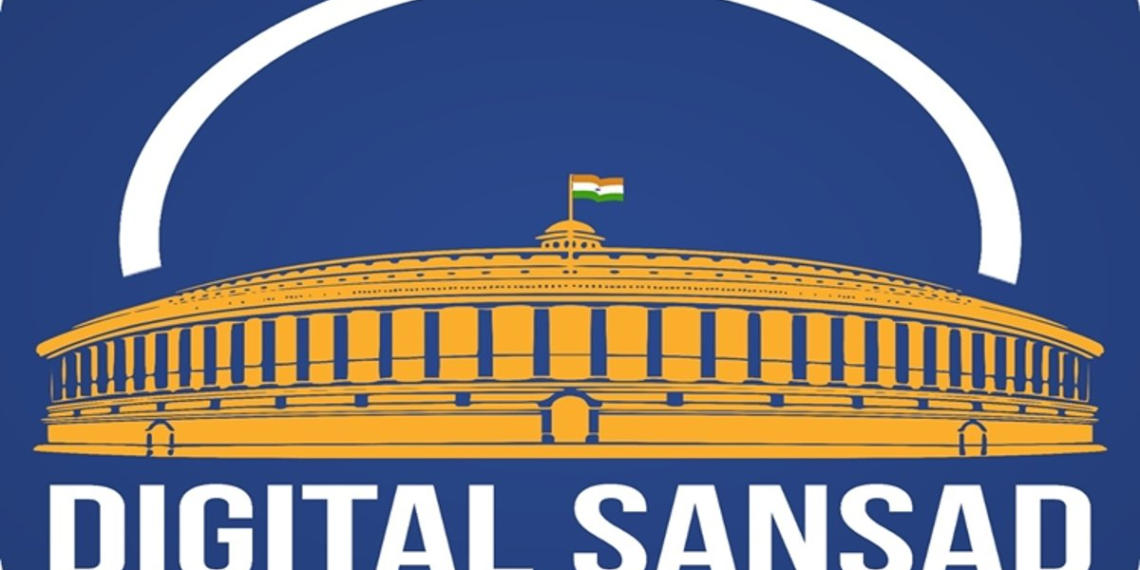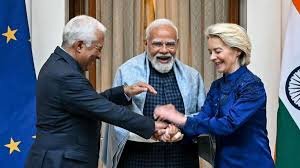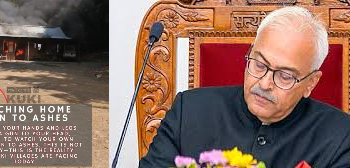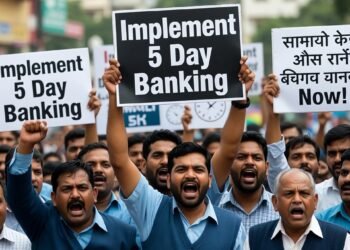Govt hands MPs’ official email system to Zoho via ‘OneAuth’; Brittas says NIC sidelined, raising sovereignty and confidentiality concerns.
BY Navin Upadhyay
New Delhi, September 17: CPI(M) Rajya Sabha MP Dr. John Brittas has written to the Chairman of the Rajya Sabha raising alarm over the government’s decision to outsource the management and hosting of official email services of Members of Parliament and senior government officials to Zoho Corporation, a private firm, through its “OneAuth” authentication app.
In his letter, Brittas said the move “strikes at the very foundation of our institutional autonomy and parliamentary sovereignty,” since the National Informatics Centre (NIC) — the government’s long-standing custodian of official communications — has now been relegated to a supervisory role. For the first time, he pointed out, a core government communication system has been placed under private management.
The letter highlights that as many as 50 lakh official government email inboxes, including those of MPs, ministers and even the Executive branch, would now be authenticated and routed through Zoho’s infrastructure. “Such restructuring inevitably raises concerns about the independence, confidentiality, and perceived impartiality of parliamentary communications,” Brittas cautioned.
At a time when cybersecurity and the prevention of data theft are of utmost importance, even the official Sansad email system of MPs and that of the government officers are literally being handed over to a private entity, relegating NIC to a minor role. Needless to say, Zoho… pic.twitter.com/6zCPfnFeZf
— John Brittas (@JohnBrittas) September 17, 2025
He further warned that the new arrangement may expose official channels — where MPs share sensitive documents, conduct legislative business, and communicate with constitutional authorities — to the risk of compromise. The Rajya Sabha MP argued that NIC, which for decades ensured sovereignty of data and security of communications, had been effectively sidelined despite no clear evidence of its incapacity to handle backend operations.
READ: Adani Vs Media: Corporate Power Meets a Defiant Few
Brittas also flagged the political proximity of Zoho’s leadership to the ruling BJP, saying the company’s promoter has consistently expressed support for the government’s policies, participated in right-leaning forums, and publicly aligned himself with the ruling dispensation. Such ideological affinity, he argued, creates a fertile ground for perceptions of partisan influence over communications “that must remain inviolate.”
“This outsourcing arrangement acquires a constitutional hue,” he wrote, reminding the Rajya Sabha Chairman that Article 105 guarantees independence to MPs in the discharge of their duties. “The instruments of legislative work and communications that sustain parliamentary deliberation must remain free from partisan capture or the appearance of capture,” the letter stressed.
In his accompanying public statement on X (formerly Twitter), Brittas said:
“At a time when cybersecurity and prevention of data theft are of utmost importance, even the official Sansad email system of MPs and that of government officers are literally being handed over to a private entity, relegating NIC to a minor role. Needless to say, Zoho Corporation, which will be the master system integrator with the ‘OneAuth’ authentication app, is closely aligned with the ideology of the BJP.”
The CPI(M) leader has sought clarification from the government on several counts, including whether independent audits were carried out, what safeguards exist against misuse of authentication tools like OneAuth, and whether device-level monitoring permissions are being sought. He demanded clear, transparent answers to ensure parliamentary communications remain beyond the reach of political or corporate influence.
The controversy comes against the backdrop of the Government Email Policy 2024, under which NIC will continue setting overarching policy while the operational backend — including multifactor authentication — has been outsourced to Zoho. The government has justified the shift on grounds of modernization, scalability and cybersecurity.
However, Brittas’s intervention suggests that the debate is far from technical. At stake, he argues, is not only data security but also the institutional independence of India’s Parliament.














